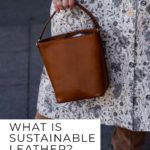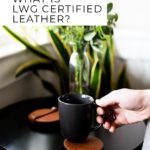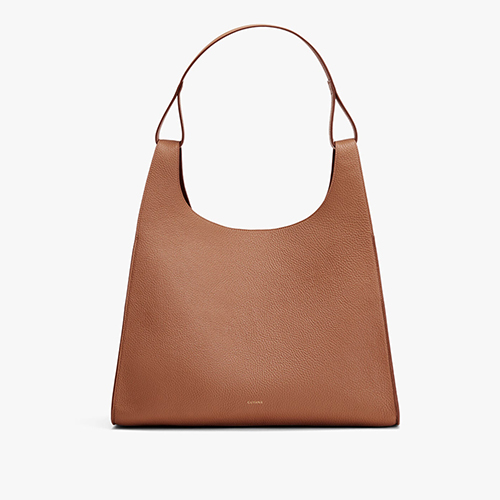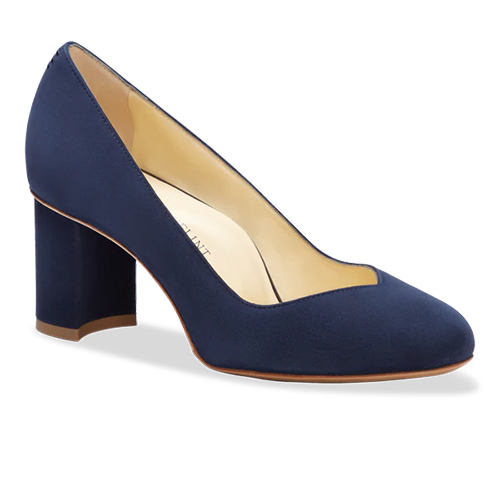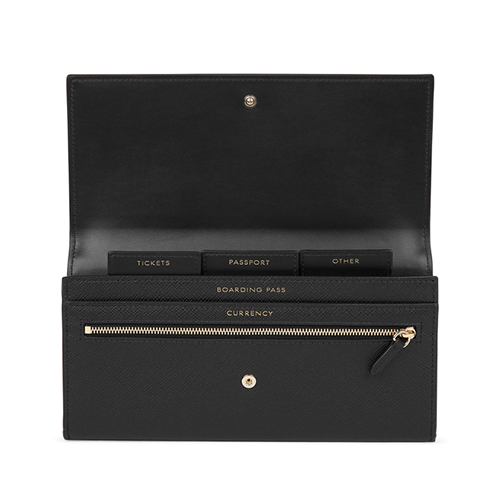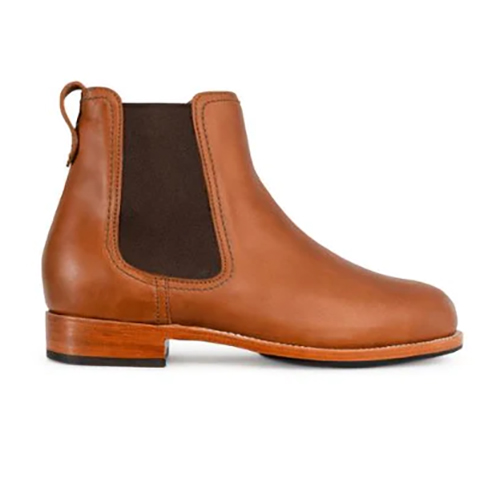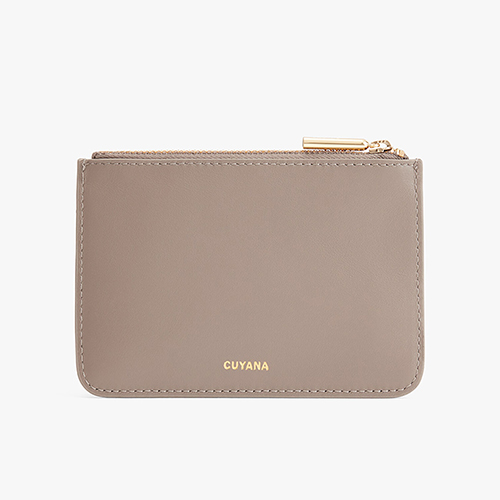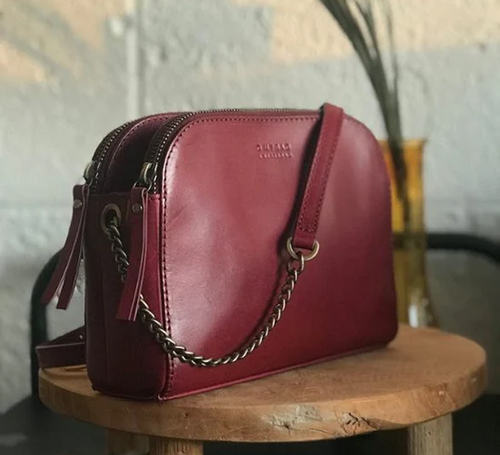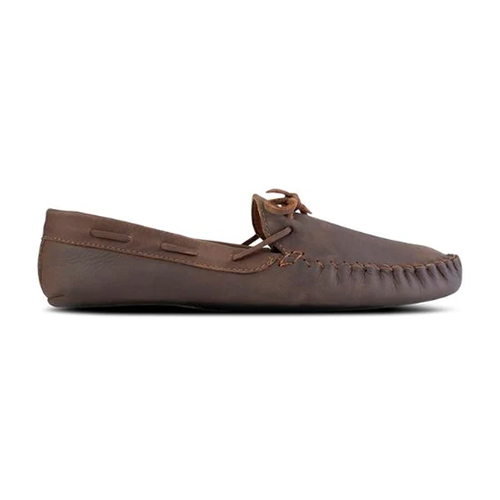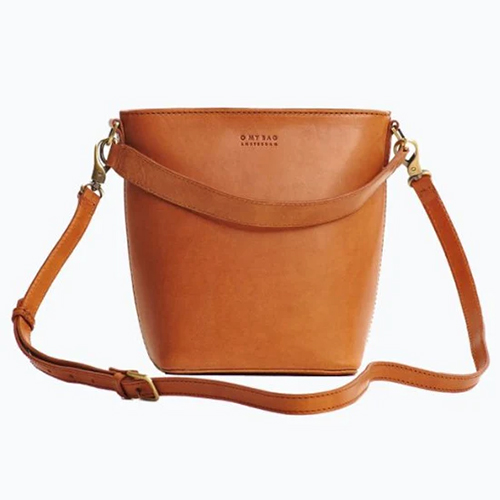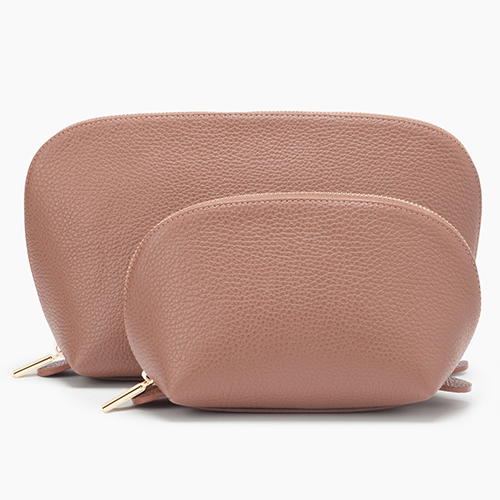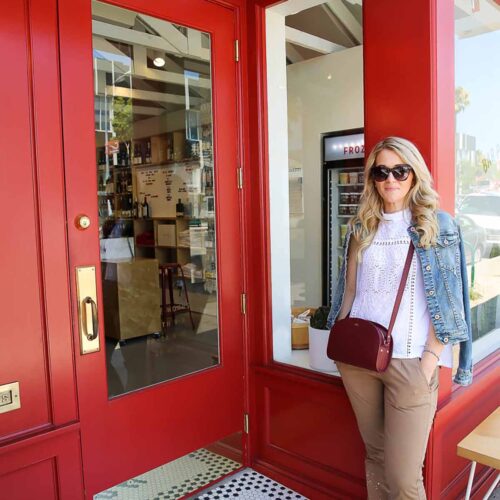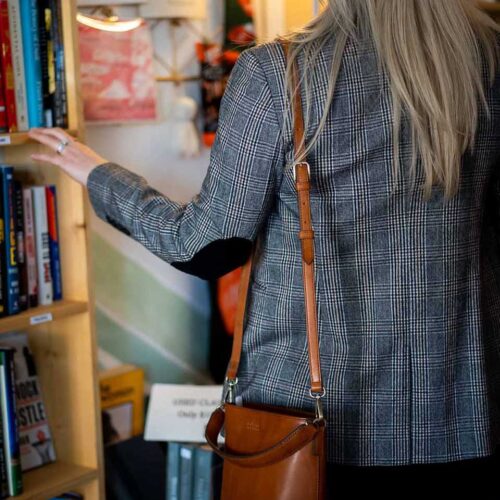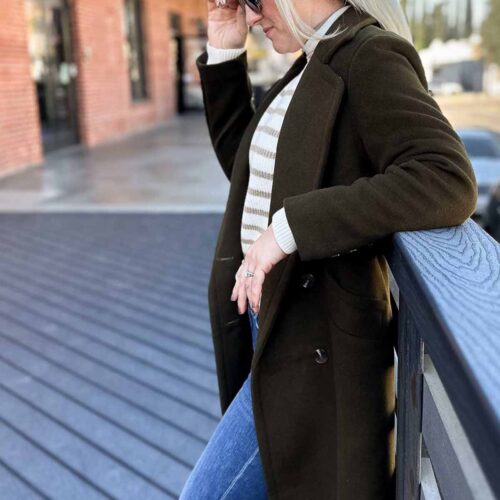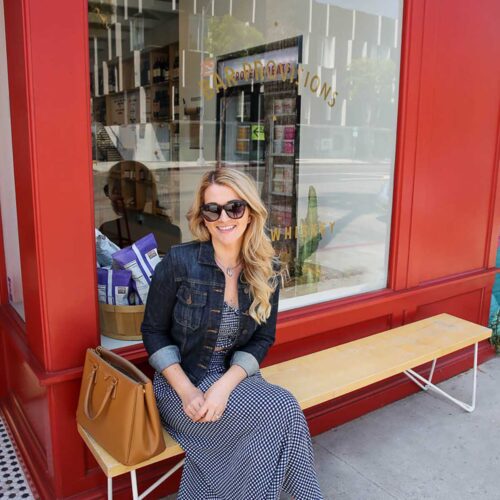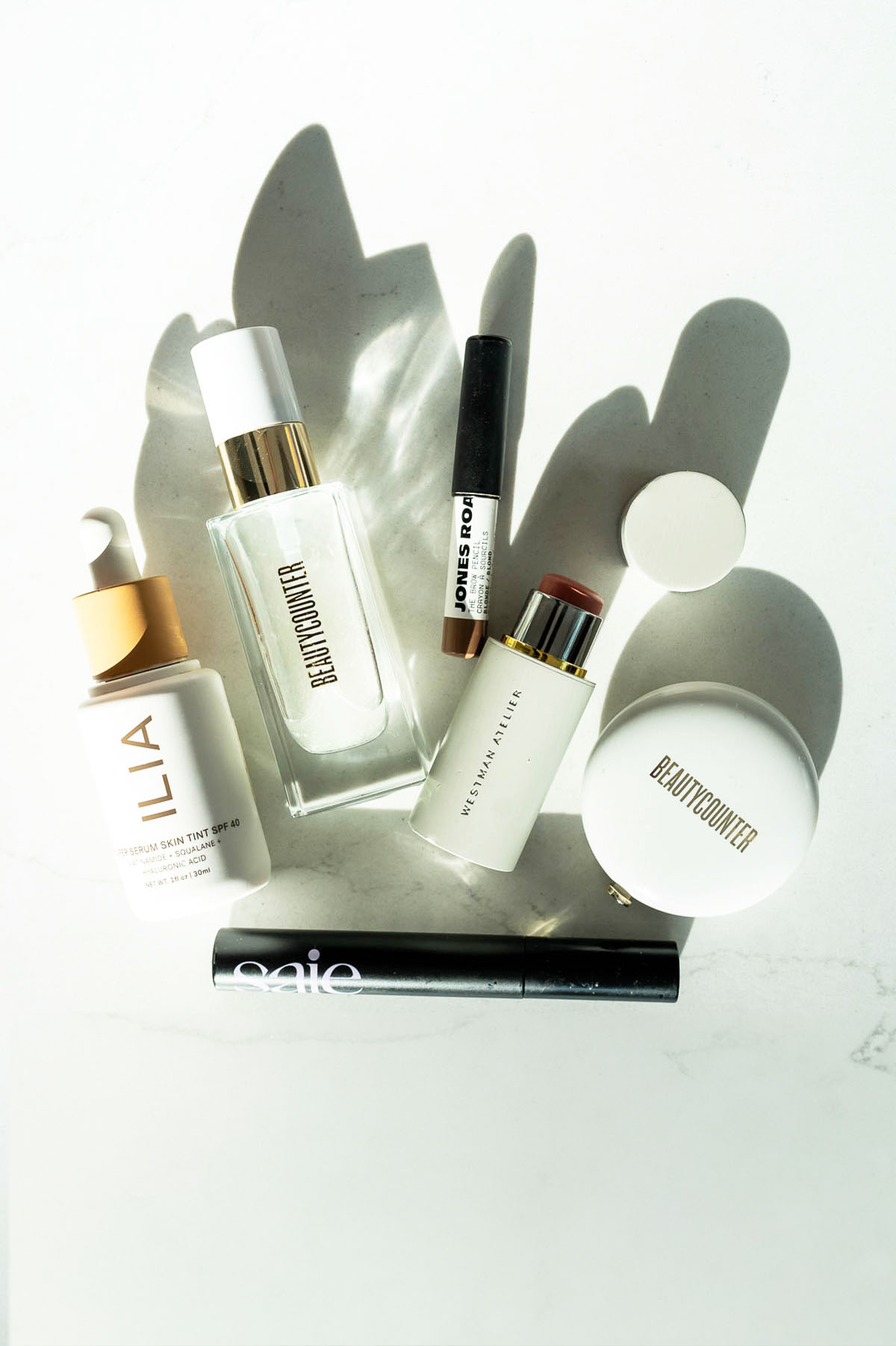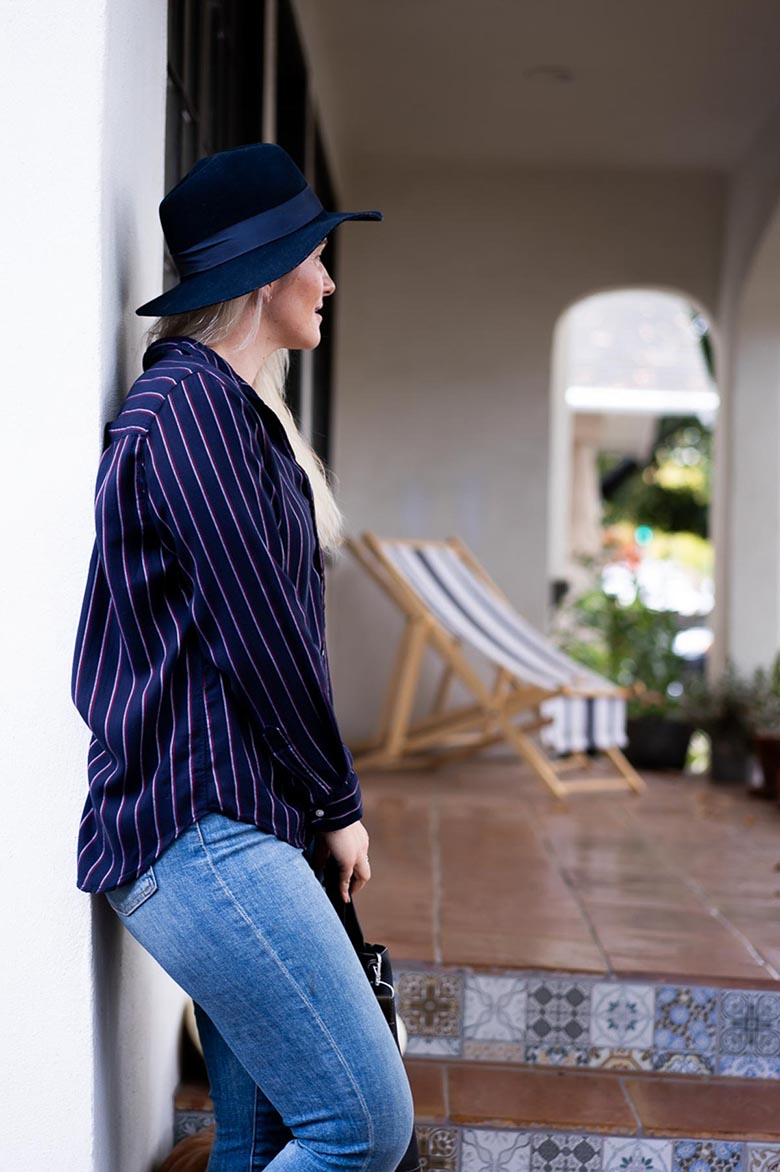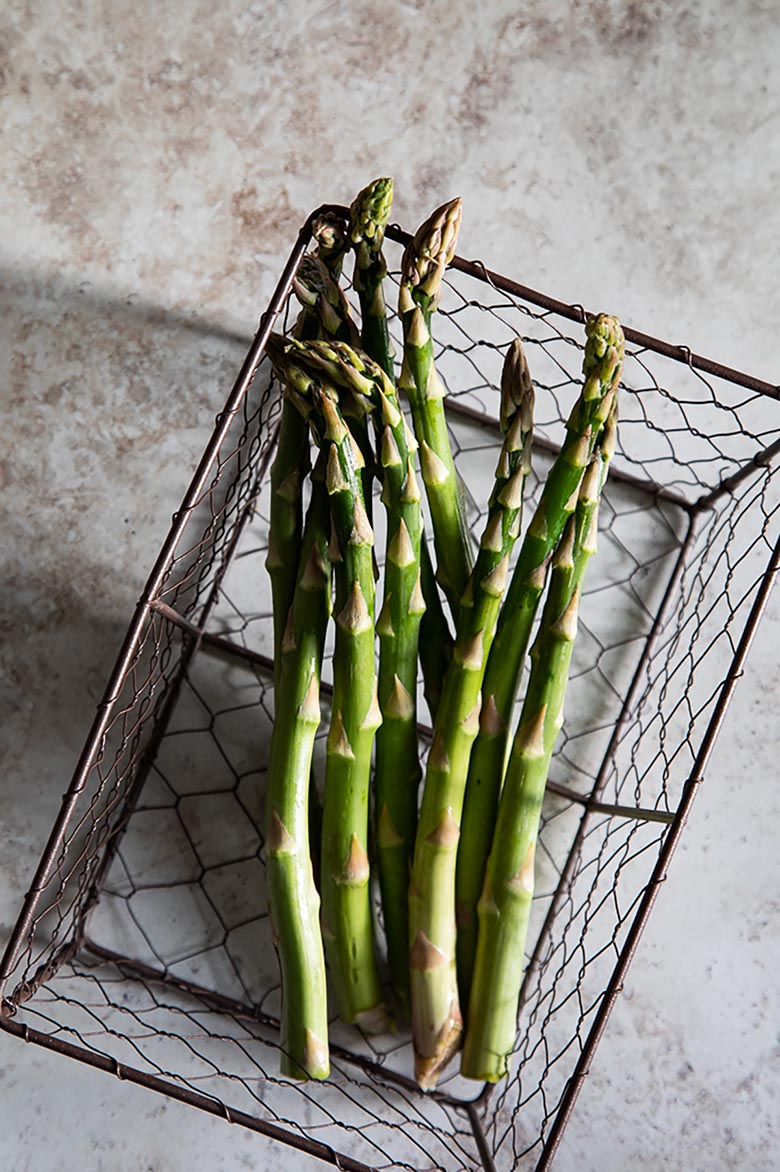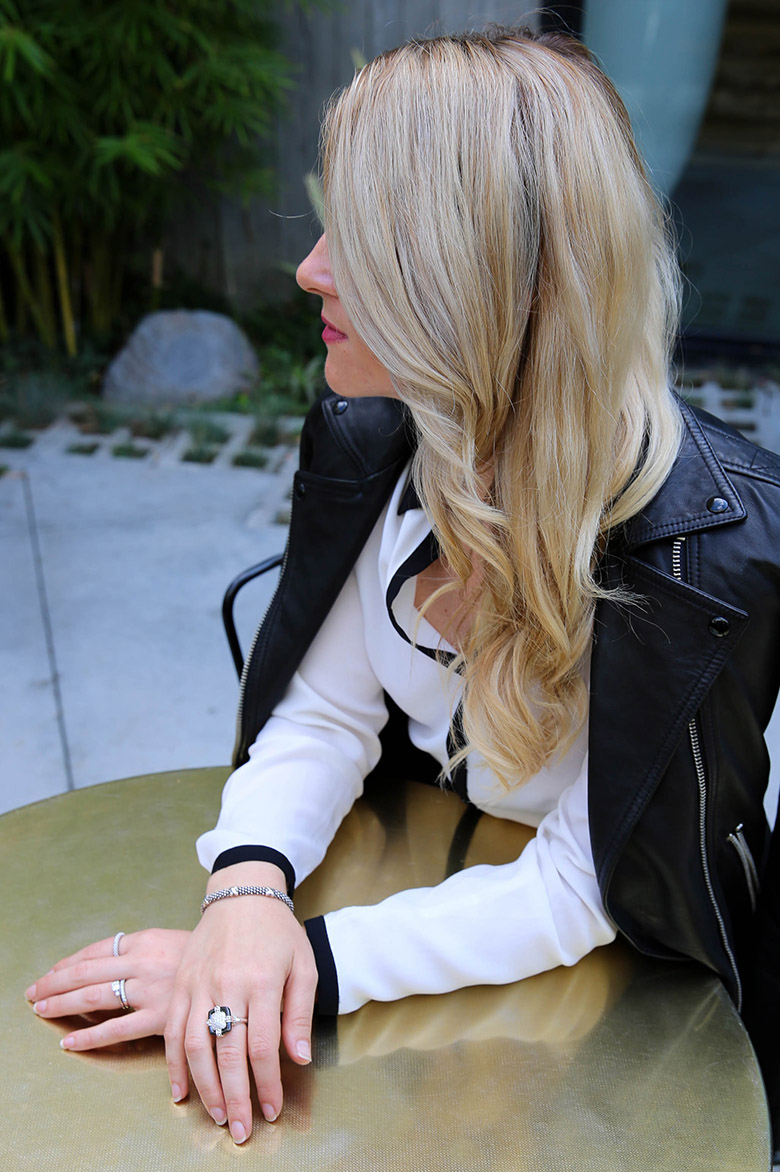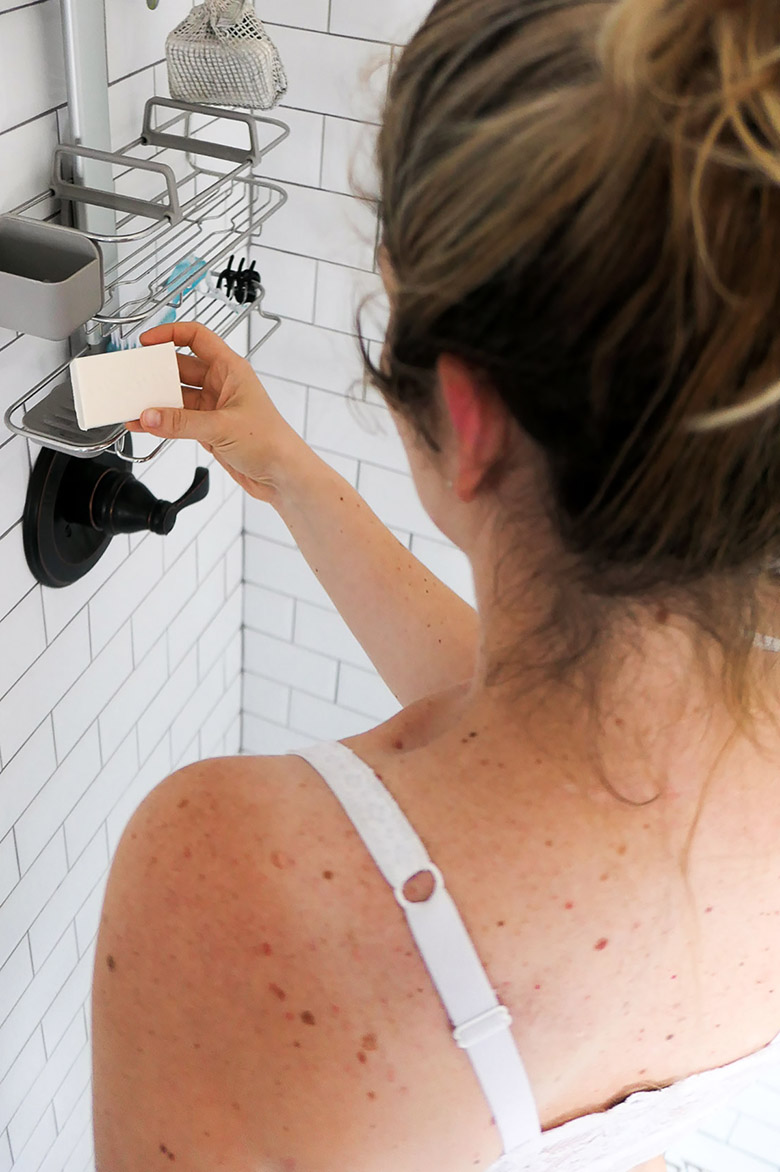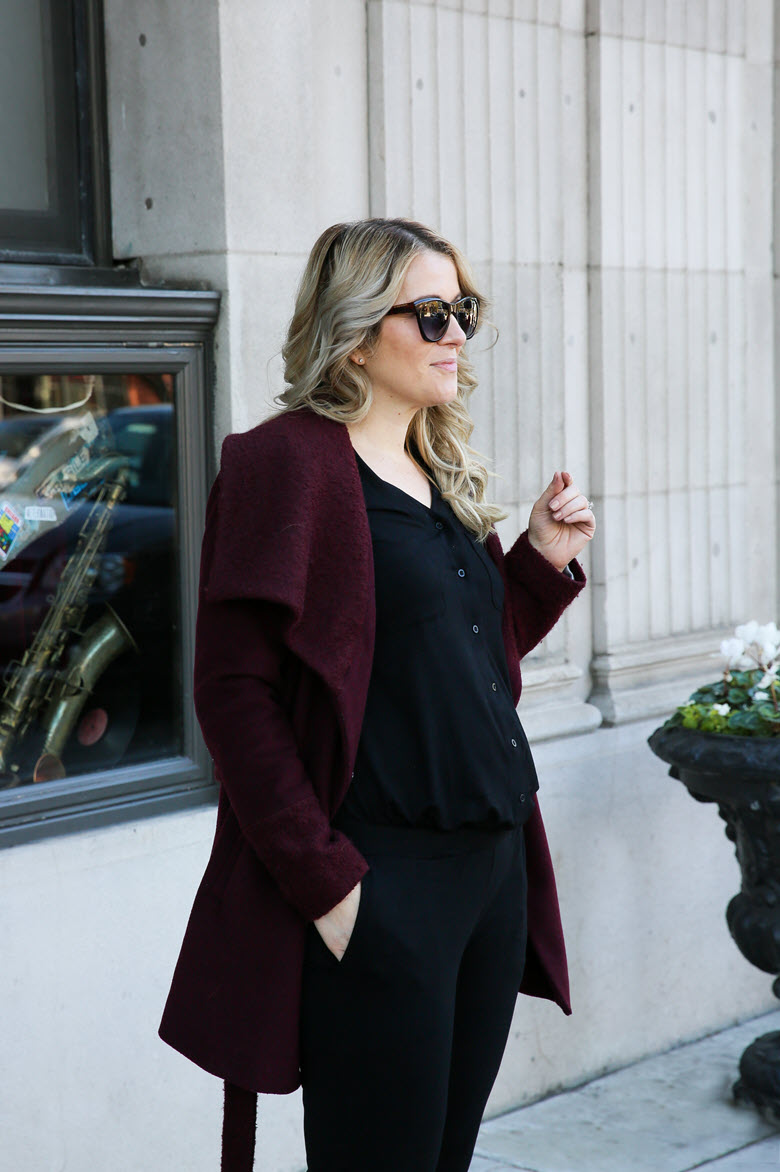LWG & Sustainable Leather
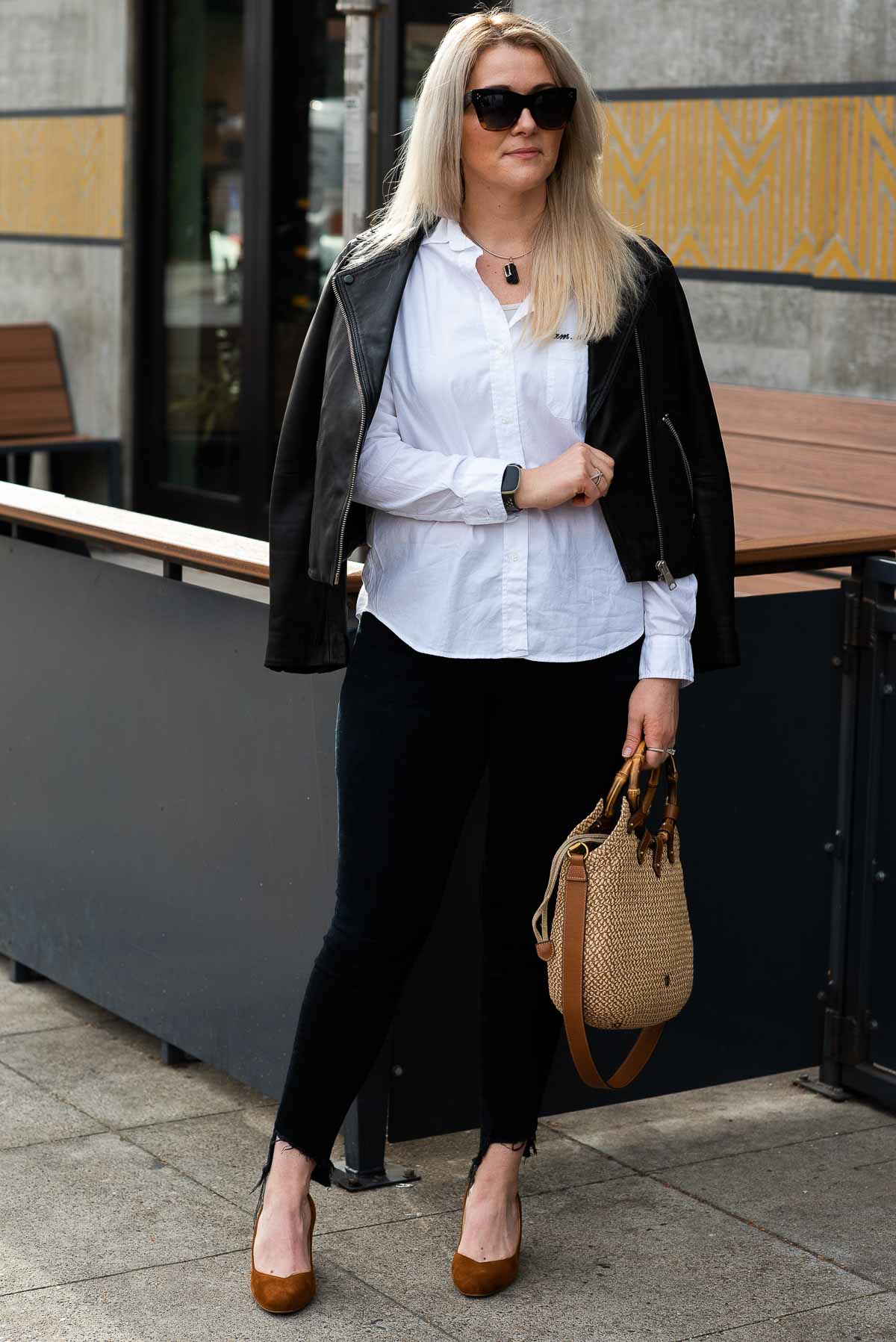
Have you ever wondered what is LWG Certified? Is leather sustainable? Is “pleather” still trending? Well, I’m here to answer a few of those questions and to provide you with some information so you can make your own decisions about how to live more sustainably, because you know I like options!
Leather is a hot topic in the sustainable living world. Along with the push to eat plant-based, the conversation about leather is certainly one that’s going to vary for everyone.
If you’ve hung around me long enough and/or read enough posts, you won’t be surprised that I’m a fan of leather products – for a number of reasons (below), but there are certifications I like to look for, including LWG certifications.
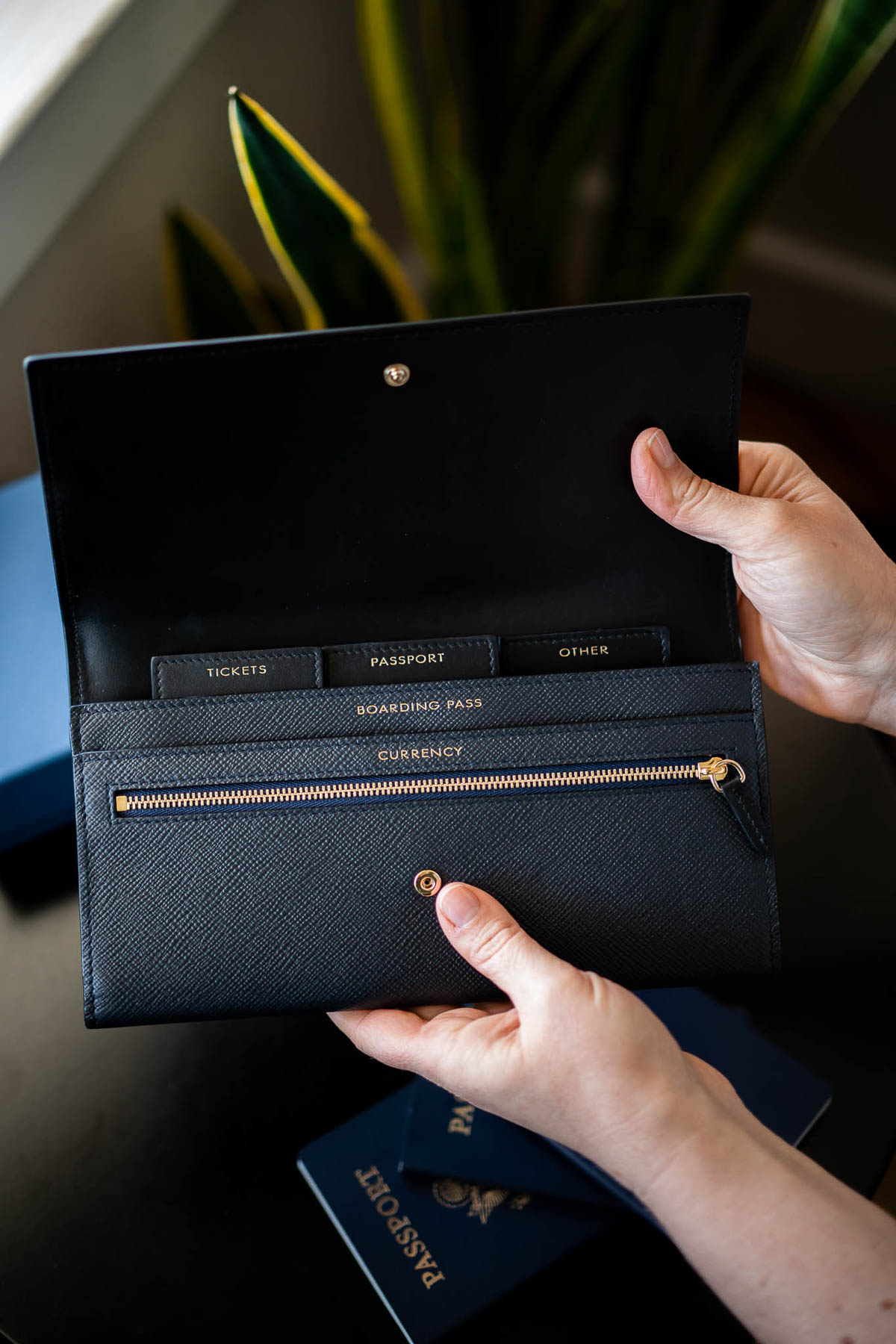
CONTENTS
What is LWG certified leather?
Similar to the conversations we’ve had about organic cotton (see organic women’s clothing brands) as well as the OEKO-TEX certification process, there are leather certifications.
You might remember that OEKO-TEX has its own leather standard when testing for toxicity, but LWG is a more complete certification process.
Ok. So LWG (Leather Working Group) formed in 2005 and assesses the environmental impact of leather production at tanneries.
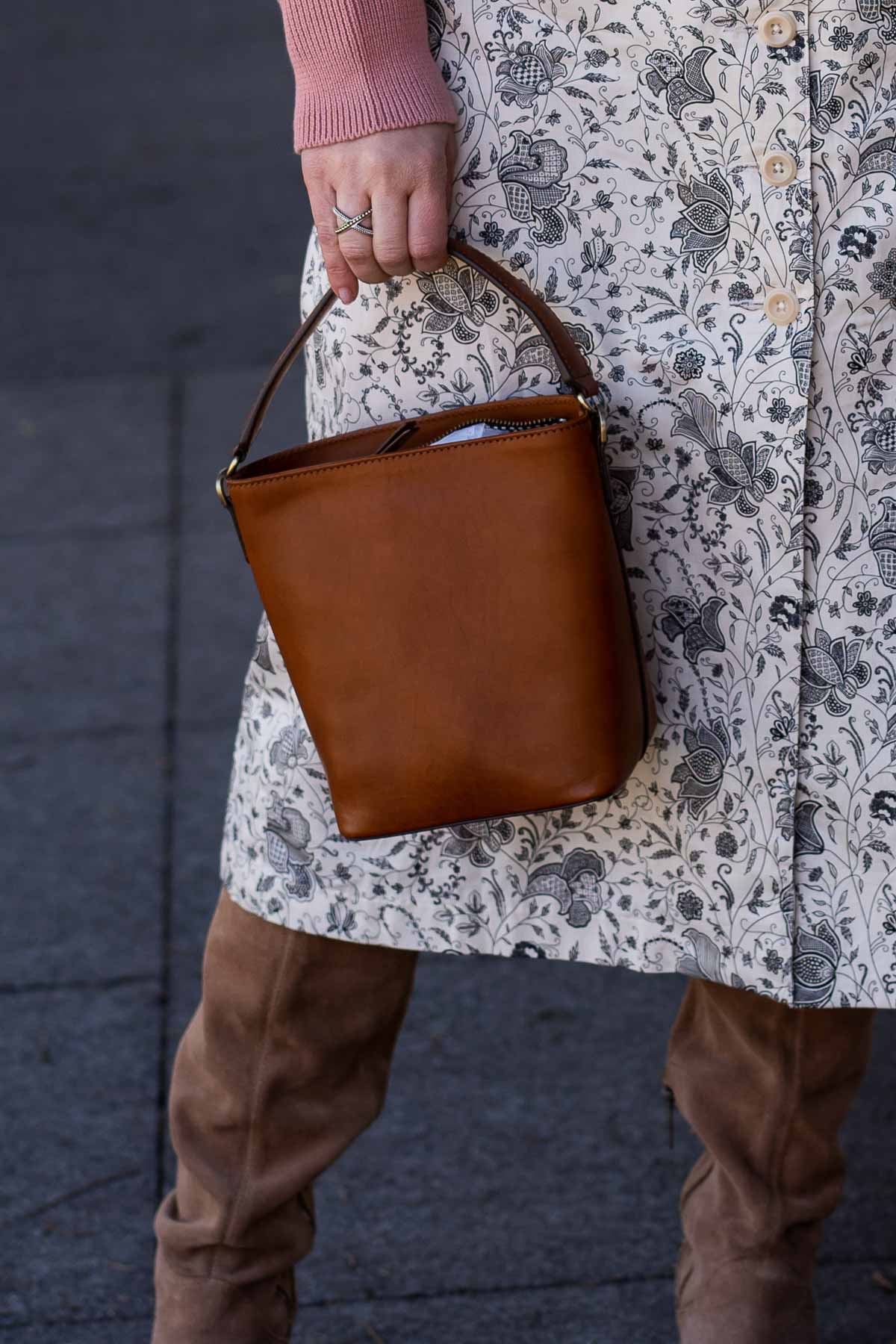
Leather is a bit tricky. Some leathers are from animals otherwise used in farming, so less of an animal is going to waste (yes, this relates very much to the food waste conversation). But others are from animals grown solely for the purpose of leathers – not good.
The process of treating, tanning, and dying leather is also water-intensive and extremely wasteful. Anything that creates a lot of wastewater is usually sending out pollution into the water.
So. The LWG Leather Manufacturer Audit Standard seeks to do the following:
- increase supply chain traceability & transparency
- increase knowledge & access to data
- increase resource efficiency in leather production
- reduce waste generation and emissions to the environment
- Improve chemical management and increased use of non-hazardous chemicals
- increase deforestation and animal welfare due diligence
- improve working conditions and fair treatment of workers
In essence, the whole of the process from the animals used, to the people working to create the leather and the emissions from production.
It’s important to note that LWG certifies leathers and manufacturers, not brands or products individually. So a product would be made of LWG certified leather or leather made by an LWG certified manufacturer – the brand itself may not be sustainable.
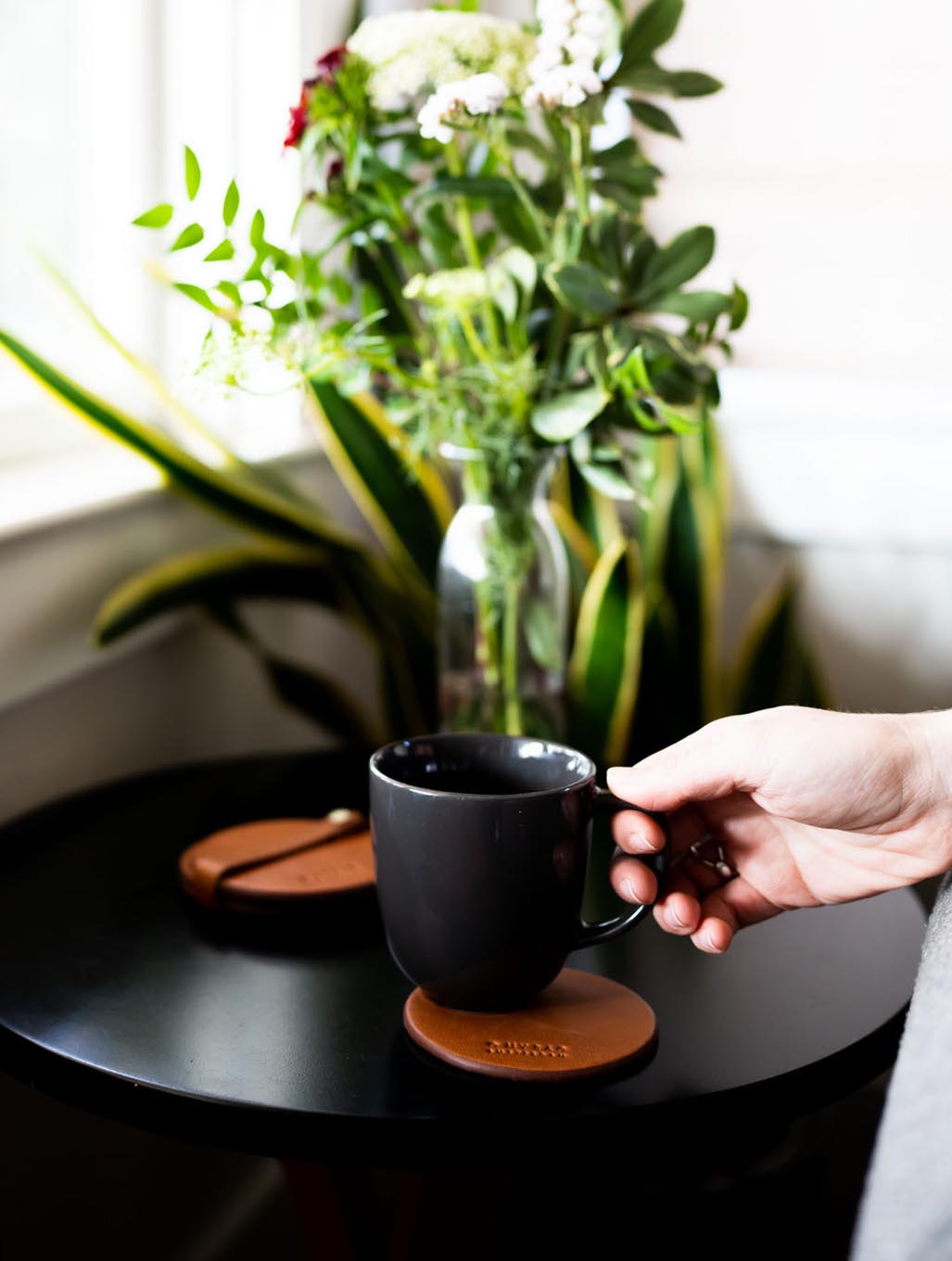
Levels of LWG Certification
And because life is a contest (I’m on the sidelines eating french fries, clearly), there are levels of certification. I wasn’t able to find any details on the “scoresheet,” but there’s basically gold, silver, and bronze levels.
Every LWG certified manufacturer received at least a bronze level (65%) within its industry. There is also a silver level (75+%) and gold (85+%). Obviously LWG gold-rating certified is the best, but I think all are pretty good!
Is leather sustainable?
First and foremost, I’m here to give you my OPINION on this. Personally (have I protected myself enough), I’m a fan of leather. If for only one reason, I love it’s durability. My mom still has some leather pieces from before I was born. They look worn, certainly, but it’s a great look and the products are still holding up perfectly.
And (again – very subjective), if I am purchasing leather that’s LWG certified (or at least similarly created), then I feel fine about using and wearing it. I also am not buying new leather pieces regularly and every piece is always intended to last as absolutely long as possible in my wardrobe.
Since I’m always busy trying to figure out what to have for dinner, I don’t have time to do this research, which is why I love knowing about LWG!
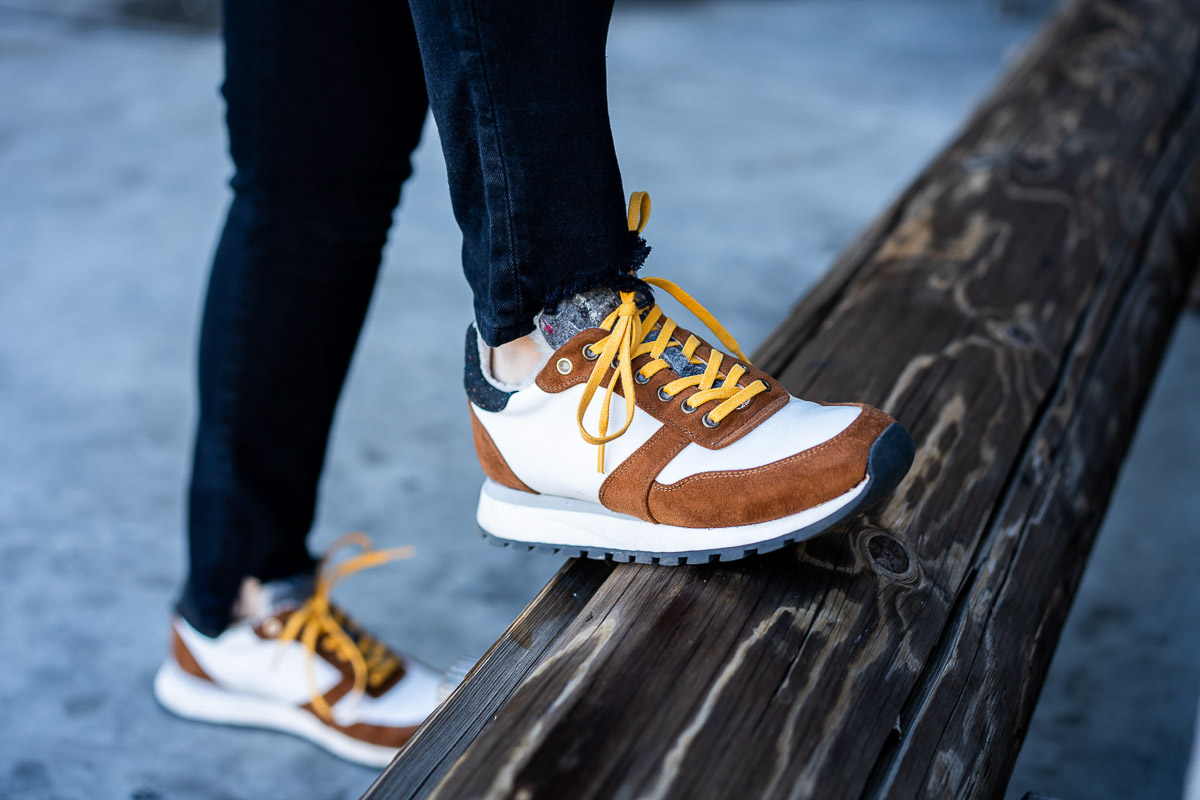
Is “pleather” still trending?
Thank goodness the term pleather went away even if the idea of it is still going strong. The industry of leather-like materials made from other materials (i.e. not animals) is certainly going strong. A lot of the sustainable living world advocates for a plant-based diet, so it would follow suit that traditional leather would be out as well.
Initially, the replacements for leather were plastic-based. Now, however, there are a growing number of options for leather-like materials made from mushrooms, apple skins, cacti, and pineapple. Fascinating, right?!
While I’m all for innovation, I’m a much bigger fan of plant-based approaches than the plastic options. The thing is while leather can break down eventually, plastic cannot and never can be…it just becomes microplastics. So just like I’d encourage you to look into certification for traditional leather, look into materials and processes for leather alternatives.
Time will tell if plant-based leather ages as well as traditional leather. It would be exciting if it does, however.
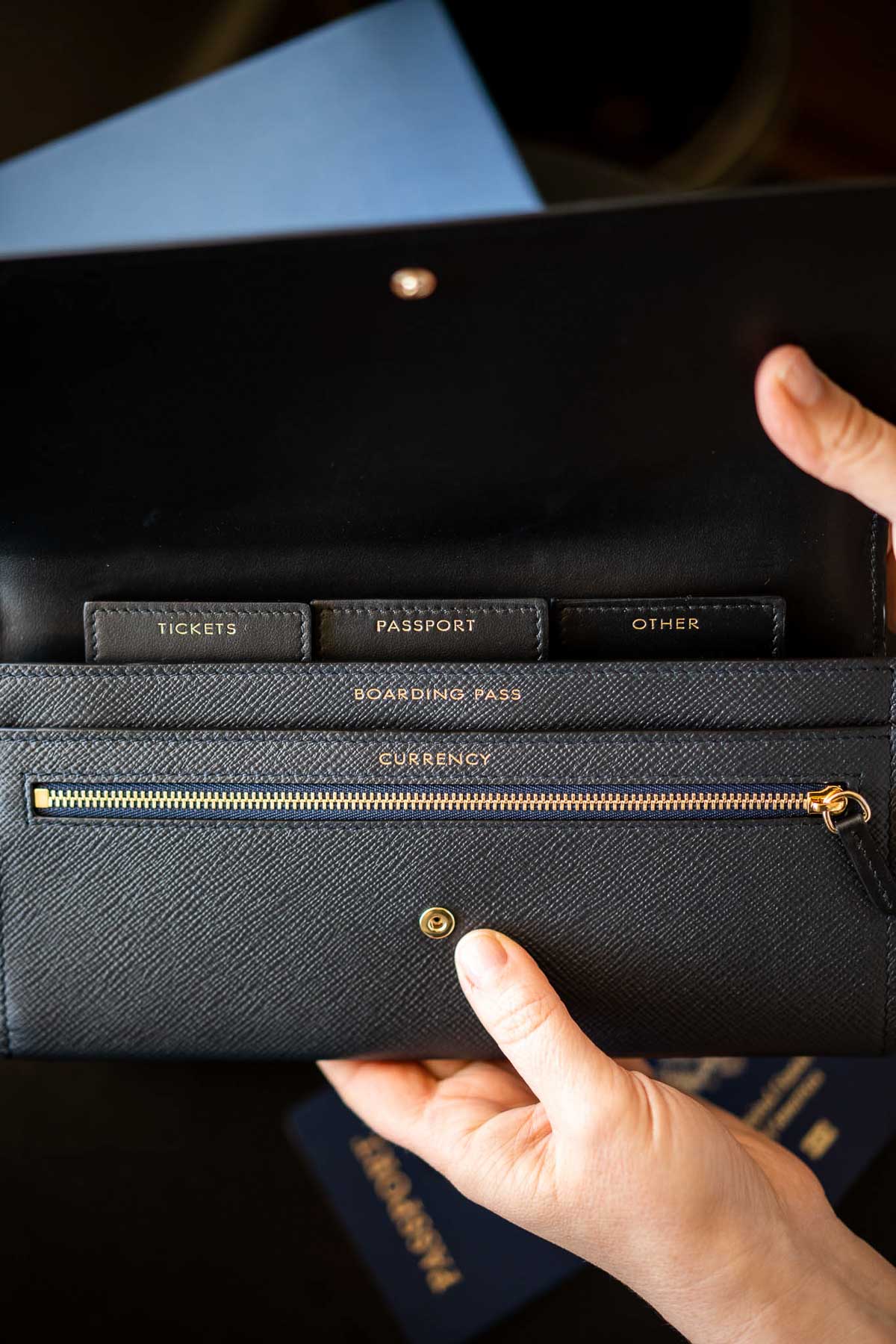
Ok. So let’s get to some gorgeous EWG-rated leather goods. A few companies exclusively using LWG-rated leather include Smythson, O My Bag, Cuyana, and Adelante!
O My Bag makes beautiful leather goods (hide and plant-based!). See my how to wear a sling bag for my favorite piece from them! Use my code LUCISMORSELS10 for 10% off.
Others are sourcing more and more to LWG-rated leathers. Designer shoe designer Sarah Flint has a Sustainable Steps collection with 100% LWG-rated leathers. In 2021, SF claimed “58% of our current shoe offerings that feature leather uppers are sourced from LWG-certified manufacturers, with 81% of that number sourced from LWG Gold-rated manufacturers.”
They’re hoping to be using 100% LWG leathers by 2026, so party on with those gorgeous sustainable heels!! Read my Sarah Flint shoes review (Use Sarah Flint Discount Code: SF-LUCI-15 for 15% off your first purchase)
LWG Rated Leather Goods & Shoes
In addition to clothes, ABLE brand clothes also makes sustainably made leather goods!! Use code LUCI20 for 20% off your total purchase!
Sustainable Fashion
Want more sustainable fashion? One of the best ways to live sustainably is to rewear pieces again and again! It starts with learning how to find your style.
Check out what to wear with a leather jacket, how to wear a poncho, what to wear with linen pants for day to night, what to wear on black jeans, and the best organic cotton tshirt options!
You’ll also want to check out this list of second hand online stores, my tips for creating (and maintaining) a minimalist wardrobe, and these stylish and sustainable shoe companies!
I’ve also created seasonal basics by season:


